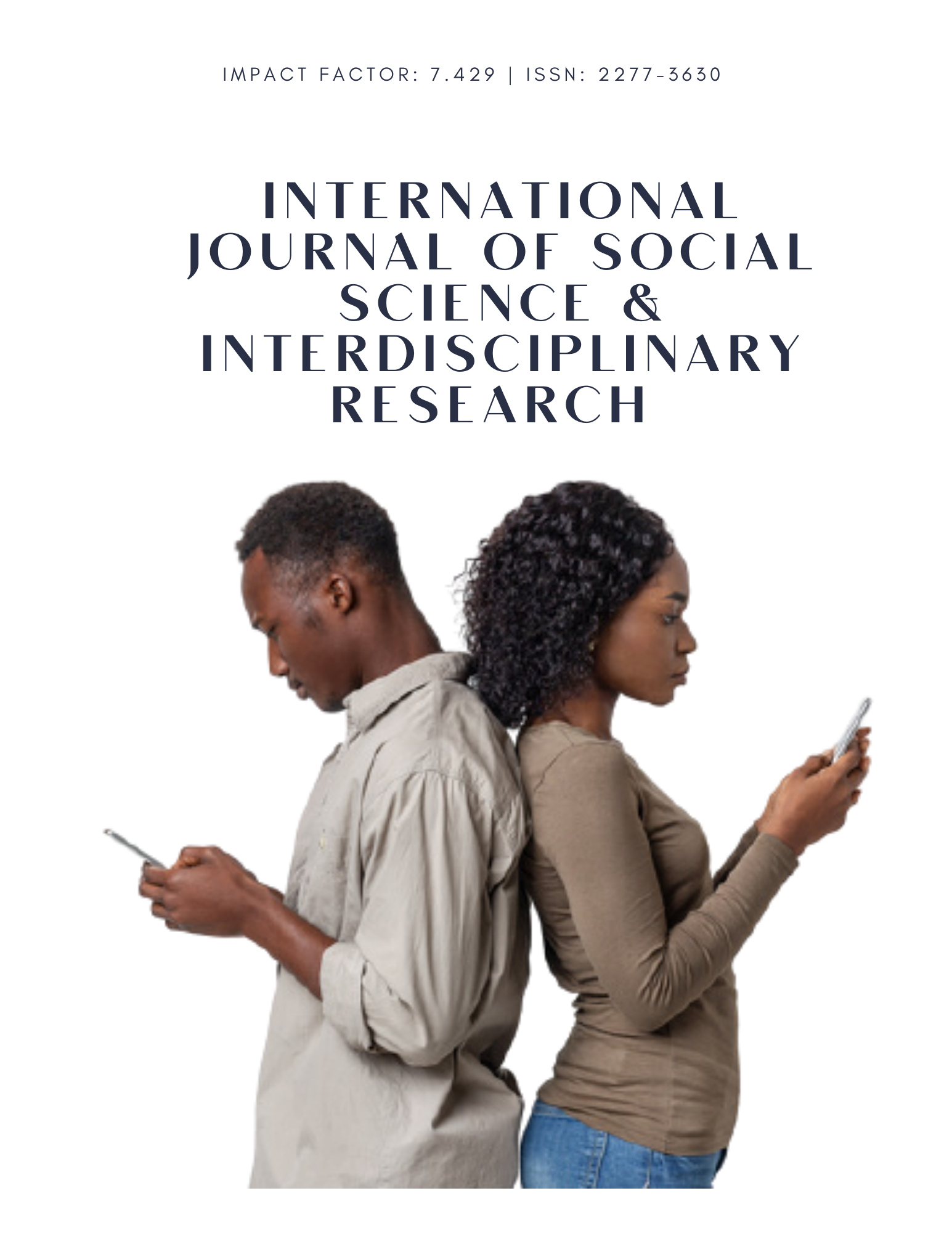COMPARATIVE ANALYSIS OF A COMPOUND SENTENCE WITH CONNECTIVE RELATIONS IN THE RUSSIAN AND KARAKALPAK LANGUAGES
Keywords:
connective relations, complex sentences of homogeneous composition, complex sentences of heterogeneous composition, connective unions.Abstract
The article presents a comparative and typological analysis of compound sentences with connective relations of the Russian and Karakalpak languages, revealing the phenomena of similarity and differences of these constructions in the contacting languages, allowing determining possible manifestations of interference in the Russian speech of Karakalpak students.
References
Beloshapkovav. A. Modern Russian language.Syntax. M.: Higher School, 1977. 248 p.
Grammar of the modern Bashkir literary language. - M.: Nauka, 1981. 496 p.
Gorsky S.P. Comparative grammar of the Russian and Chuvash languages. Cheboksary: State Publishing House of the Chuvash ASSR, 1959
Zakiev And Z.. Modern Tatar literary language: Syntax. M., 1971.
Karakalpak - Russian dictionary. Edited by N.A.Baskakov.M., 1958.
Modern Russian language / Edited by N.S.Valgina. M.: Logos, 2006. 528 p.
Modern Russian language. Theory. Analysis of language units / Edited by E. I. Dibrova: In two parts. Part 2. M.: Academy, 2006. 624 p.
Modern Russian language / Edited by P. A. Lekant. M.: Bustard, 2007. 557 p.
Ubryatova E. And Research on the syntax of the Yakut language: A simple sentence. M- 1976 .
Umarov A.U. Comparative grammar of the Russian and Karakalpak languages. N., 1992.
Khoshchanov B.H. Spatial and temporal relations in multi-system languages.N., 1992.
Downloads
Published
How to Cite
Issue
Section
License
Copyright (c) 2022 GEJournals

This work is licensed under a Creative Commons Attribution-NonCommercial-NoDerivatives 4.0 International License.





